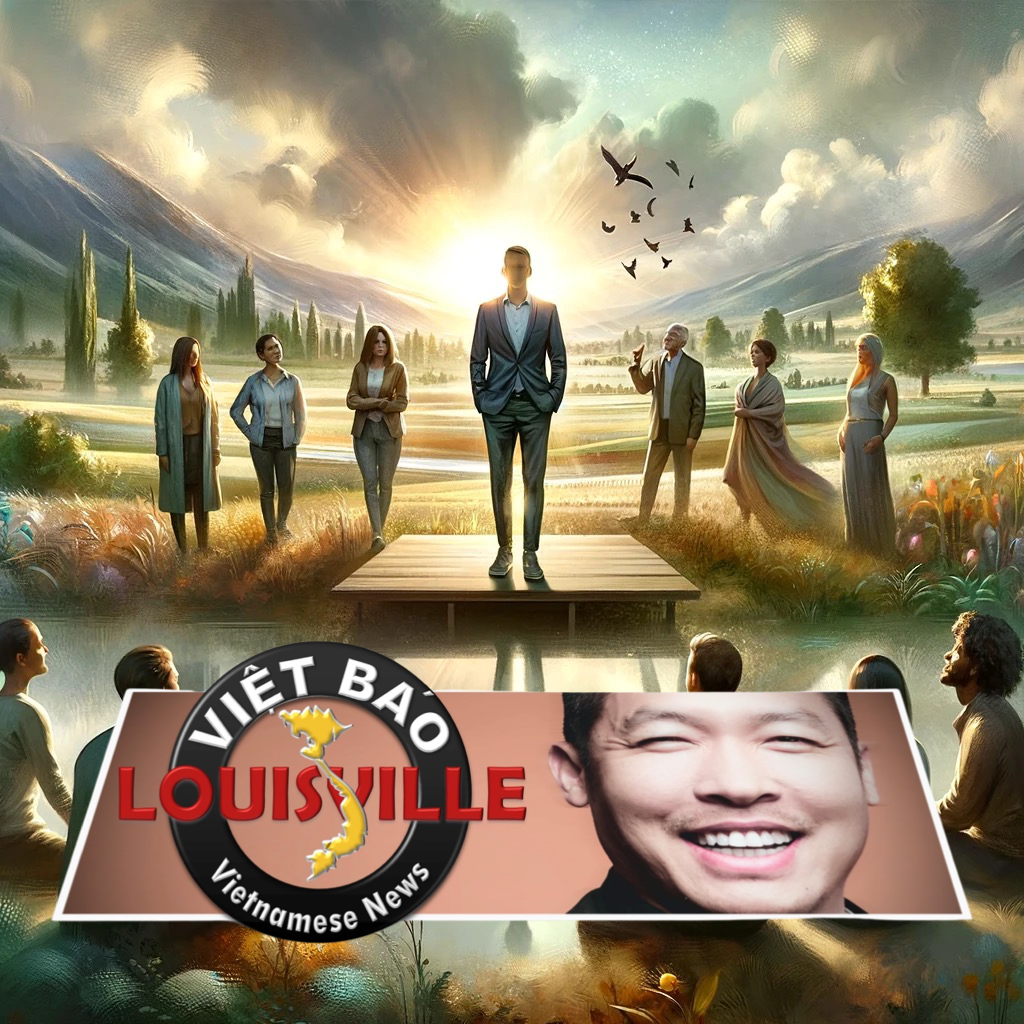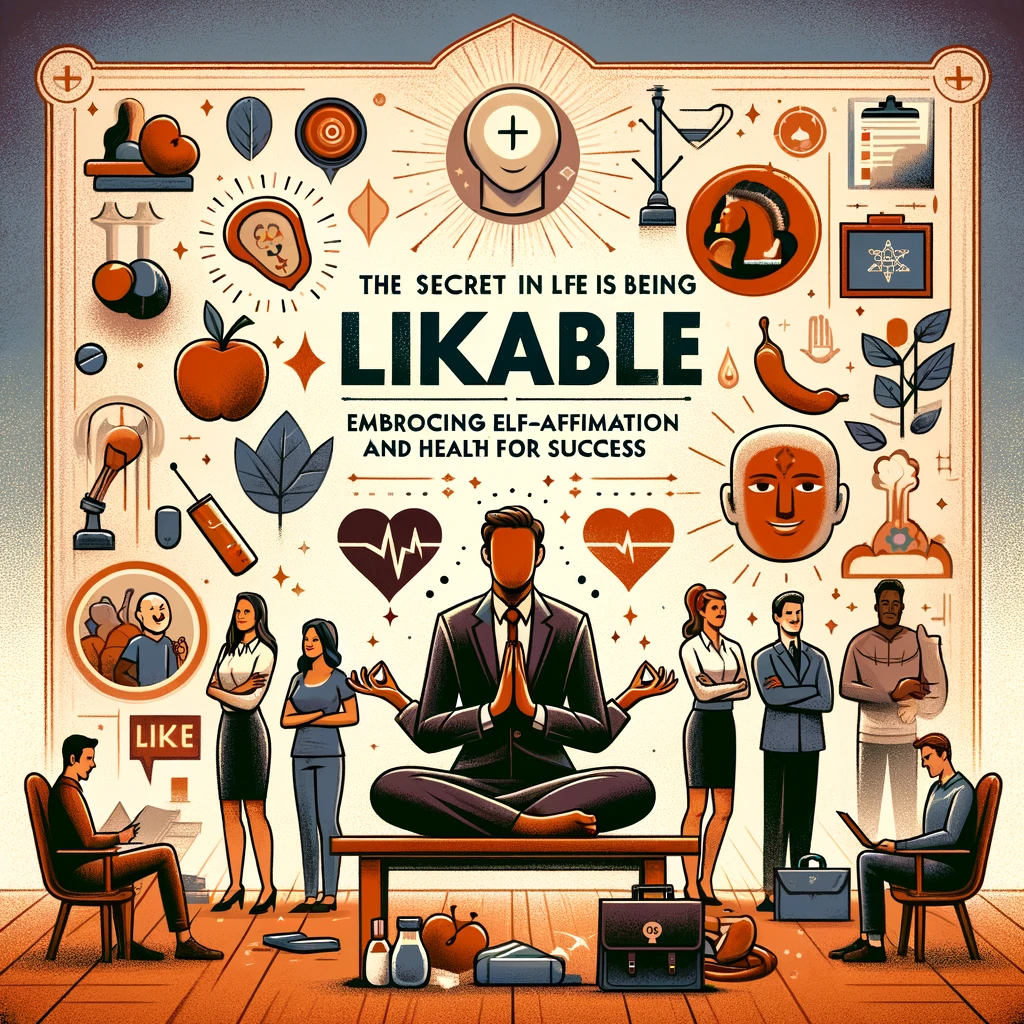In an age of polarized opinions and heated debates, the age-old wisdom of influencing others through personal example rather than direct persuasion has never been more relevant. The notion that one cannot truly change another’s mind through argument alone, but rather through embodying the change they wish to see, offers a profound strategy for personal and collective transformation. This philosophy underscores the power of actions over words and the intrinsic nature of belief formation.
The Limits of Persuasion
Human psychology illuminates why attempts to directly change someone’s mind often prove futile. Individuals are inherently resistant to information that contradicts their existing beliefs, a phenomenon known as confirmation bias. When confronted with opposing views, people tend to entrench further into their pre-existing beliefs, leading to a counterproductive effect. This resistance highlights a crucial insight: the act of persuasion, when it seeks to directly challenge or change someone’s belief, may inadvertently reinforce the very stance it aims to alter.
Living What You Preach
The alternative, and perhaps more effective strategy, is to live by the principles you advocate. This approach transcends the barriers of skepticism and resistance by demonstrating the values and outcomes of such beliefs in real life. When people observe tangible benefits and positive results from your way of living, they become more open to reconsidering their own perspectives. This method of influence is subtle yet powerful, as it bypasses the defensive mechanisms triggered by direct confrontation.
The Art of Inquiry
Complementing the practice of embodying one’s beliefs is the strategic use of inquiry. Asking thought-provoking questions that guide individuals to reflect on their own beliefs can be a gentle yet effective way to encourage introspection. This method respects the autonomy of the individual, allowing them to arrive at new conclusions organically. It aligns with the principle that genuine belief change comes from within, as individuals are more likely to embrace ideas they have personally reasoned through.
Self-Discovery Through Observation
The process of self-discovery and belief formation is deeply personal. Much like the realization that comes when one paraphrases another’s words, understanding is most profound when it is self-generated. In this context, the role of an influencer is not to dictate or impose but to inspire and facilitate a journey of discovery. By exemplifying the virtues and benefits of a particular way of living, one encourages others to explore these ideas in their own lives.
The Best Version of Yourself
Ultimately, the essence of this philosophy is about being the best version of oneself. It’s about adding value to the world through personal integrity, authenticity, and compassion. In doing so, one becomes a living testament to the beliefs they hold dear, inspiring change not through coercion but through attraction. This approach fosters a more harmonious and understanding society, where differences are navigated not with contention but with curiosity and respect.
In conclusion, the path to influence is not paved with arguments and attempts to directly change minds. Instead, it is built on the foundation of living authentically, asking insightful questions, and allowing others the space to come to their own understandings. This approach does not seek immediate change but cultivates a more profound and lasting influence through example. In embodying the change we wish to see, we invite others to explore new possibilities, not through pressure, but through the compelling power of lived experience.





